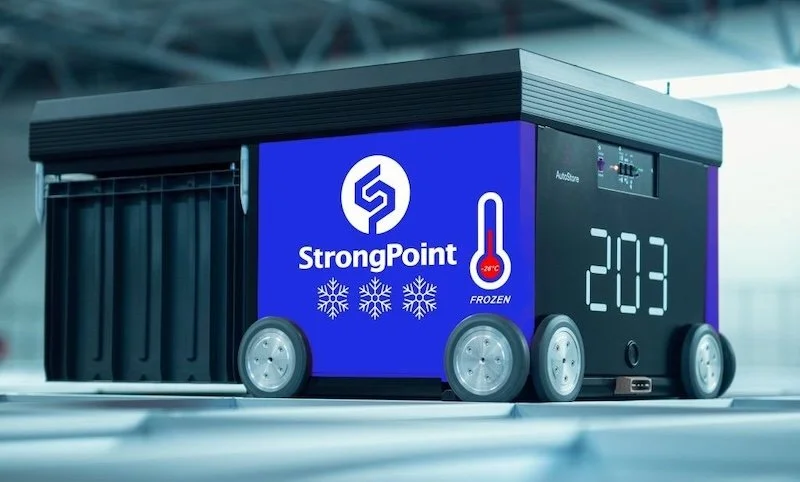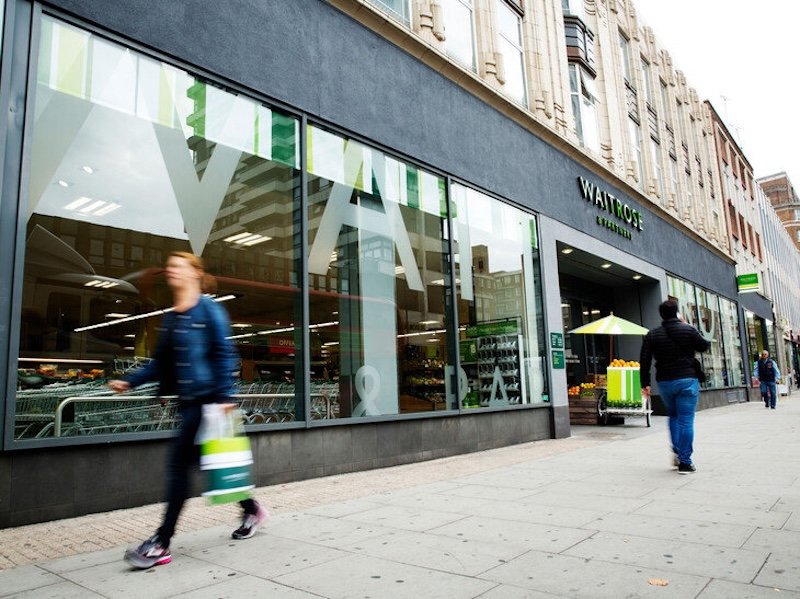Changing times: Yocuda research looks at paper receipts and their disastrous impact on the environment
New research from Yocuda has found that 76% of shoppers would choose a digital receipt if they knew how many trees are cut down to generate paper receipts.
The company surveyed 1,013 consumers in the UK and 1,007 in France.
Globally, approximately 10 million trees are cut down each year purely for the production of paper receipts.
The younger generation of shoppers are more eco-conscious as the number that would choose the digital option rises to 87% and 88% for those aged 18-25 and 26-35 respectively.
Paper receipts end up in landfills and clutter streets and car parks up and down the country. In fact, previous studies have found they create more than 10,000 tons of paper waste globally.
Partly due to the fact that a large number of receipts are non-recyclable due to the toxins in the ink and the type of paper used. Yocuda also found that the majority of shoppers (80%) would choose digital ones if they knew paper ones were non-recyclable.
In recent years there has been ever growing awareness and concern from shoppers about the impact of their buying habits. More shoppers feel the need to read a retailer’s sustainability policy before making a purchase. 69% say this is important in their decision to shop with a retailer.
Furthermore, 67% believe it is environmentally wasteful to print till receipts automatically, and 87% expect to see a decline in paper receipts over the next five years as retailers continue to digitalise in-store services. In fact, 10% of shoppers predict a paper receipt free future by 2028.
Edward Drax, CEO at Yocuda, says: “There is no escaping the fact that paper receipts have a disastrous impact on the environment. Five years ago, few people would have batted an eyelid to the automatic printing of receipts.”
“However, shoppers have become more environmentally conscious and their preferences have changed in favour of digital solutions. Our research underscores the moral and ethical duty of care that has grown in sentiment amongst shoppers in the UK.”
“It’s reassuring to see that more shoppers than ever are grasping the impact that paper receipts have on our world. Shoppers are calling for more transparency from retailers and expect strong sustainability policies to be put in place.”
“Reducing paper receipts is an easy way for retailers to reduce their carbon footprint and appeal to the majority of environmentally conscious consumers.”
















Continue reading…